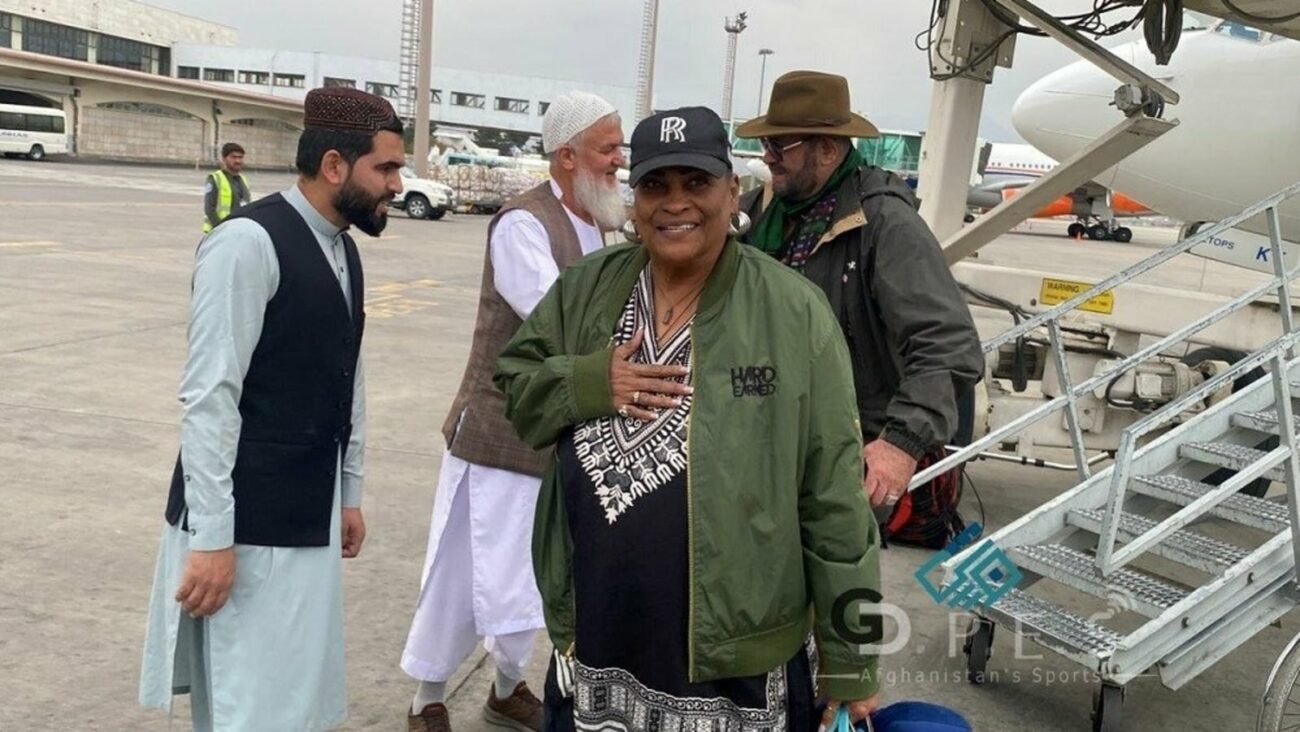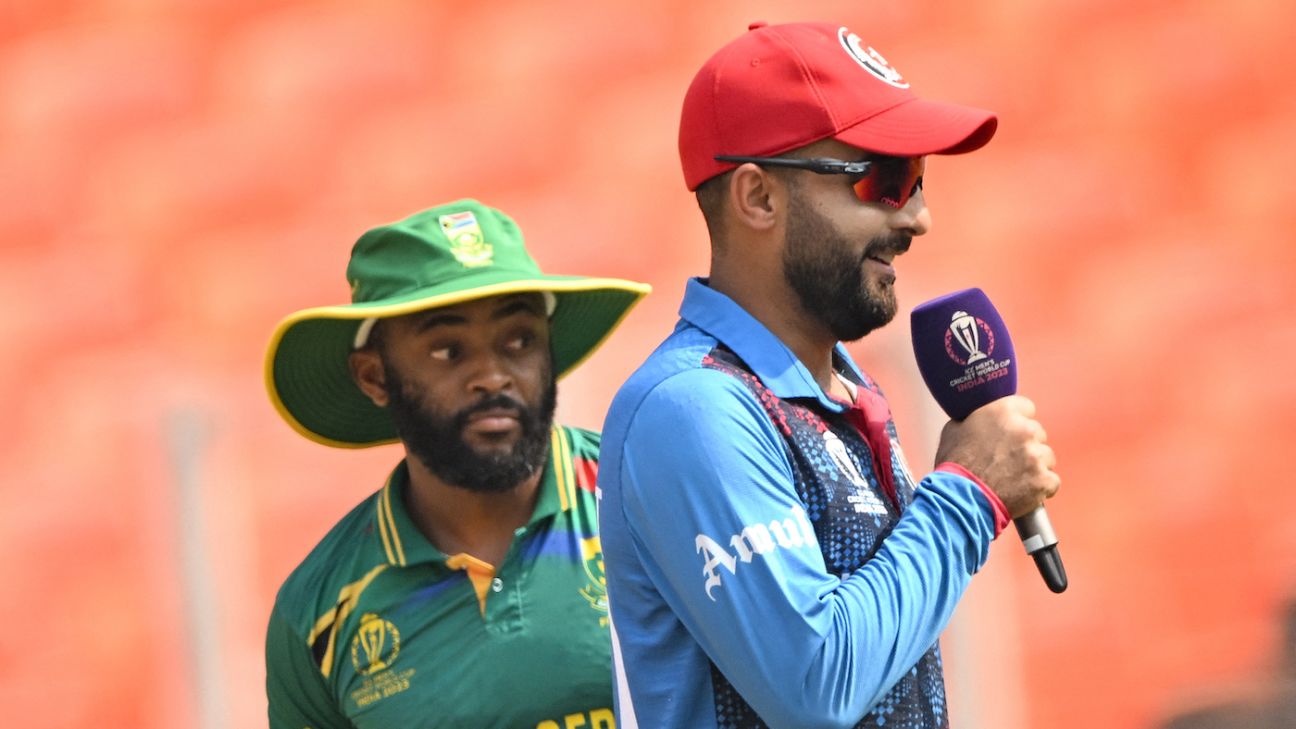Muhammad Ali’s Ex-Wife Visits Kabul to Open Stadium Amid Taliban’s Sports Ban
Muhammad Ali’s Ex-Wife Visits Kabul Amid Taliban’s Sports Restrictions
Khalilah Camacho-Ali, the former wife of boxing legend Muhammad Ali, has arrived in Kabul, Afghanistan, according to a Taliban government official. Her visit comes amidst the Taliban’s strict interpretation of Islamic law, which has severely restricted women’s participation in sports.
Camacho-Ali, who was married to Ali for a decade from 1967, is reportedly in Kabul to open a sports stadium named “Pirozi” (victory in Dari) and a sports association named after Muhammad Ali. The stadium’s construction is a stark contrast to the Taliban’s ban on women’s sports, which has been condemned by the United Nations as “gender apartheid.”
During the Taliban’s first rule from 1996 to 2001, public executions were common in sports stadiums. Since their return to power in 2021, the Taliban have continued to use public corporal punishment and have held at least two public executions in sports stadiums.
Camacho-Ali’s visit is particularly significant given her own background as a martial artist, actress, and author. Muhammad Ali, who died in 2016, was not only a sporting great but also a prominent civil rights activist.
The Taliban’s restrictions on sports have extended to combat sports as well. The authorities have recently banned free fighting, such as Mixed Martial Arts, deeming it un-Islamic.
Camacho-Ali’s presence in Kabul highlights the ongoing struggle for women’s rights in Afghanistan. Her visit may serve as a reminder of the importance of sports in promoting equality and empowerment, even in the face of adversity.



